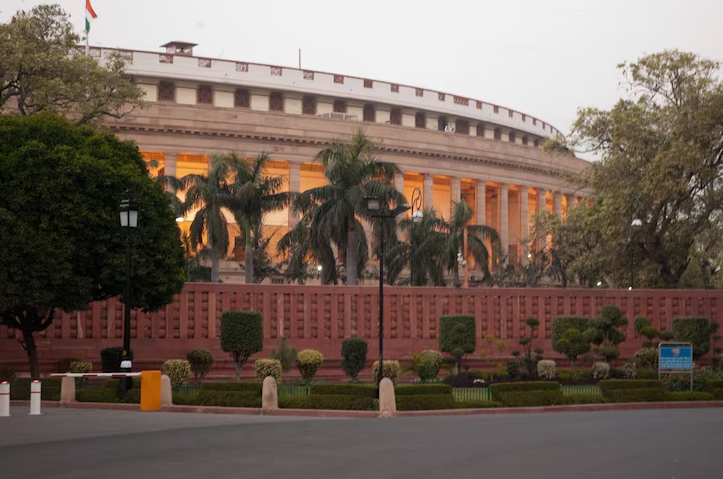Delhi High Court Intervenes to Terminate Arbitrator’s Mandate Due to Unexplained Delay

In a significant ruling, the Delhi High Court has terminated the mandate of a Sole Arbitrator due to an unexplained delay of over eight years in delivering the arbitral award. The case, titled Great Eastern Energy Corporation Limited vs Sopan Projects, highlights the importance of timely dispute resolution in arbitration proceedings and highlights the court’s commitment to upholding the principles of the Arbitration and Conciliation Act, 1996.
Table of Contents
Background of the Case
The dispute originates from a Work Order issued by Great Eastern Energy Corporation Limited (Petitioner) to Sopan Projects (Respondent) on 17 September 2010. The Work Order involved the construction of an underground MDPE pipeline and associated facilities for interconnecting Coal Bed Methane Wells in Raniganj, West Bengal. The project was amended on 17 January 2011, with a revised cost of Rs. 3,74,46,361/-. However, the Respondent allegedly abandoned the work without completion, leading to disputes between the parties.
Invocation of Arbitration
On 20 October 2015, the Respondent invoked the arbitration clause in the Work Order, seeking payment of dues and invoices. The Petitioner nominated a Sole Arbitrator on 16 November 2015. The arbitration proceedings began, and final arguments were concluded on 5 March 2020, with the award reserved by the Sole Arbitrator. Despite the passage of over three years, the award was not rendered, prompting the Petitioner to file a petition under Section 14 of the Arbitration and Conciliation Act, 1996, seeking termination of the Sole Arbitrator’s mandate.
Rival Contentions
The Petitioner argued that the Sole Arbitrator’s failure to render the award within a reasonable time constituted undue delay, which is against the public policy of India. They contended that the delay was inordinate, unexplained, and inexcusable, and that no justification was provided by the Sole Arbitrator. The Petitioner also highlighted that they were not required to seek reasons for the delay from the arbitrator before approaching the Court under Section 14.
Conversely, the Respondent argued that the Petitioner had not paid the deficit fee of Rs. 14,80,000/- due to the Sole Arbitrator, rendering the petition unmaintainable. They also contended that the period from 15 March 2020 to 28 February 2022 should be excluded from the delay calculation, as per the Supreme Court’s order in Suo Moto Writ Petition (C) No.3/2020. The Respondent further argued that the Petitioner had not made any attempts to follow up with the Sole Arbitrator regarding the award during the delay period and that terminating the arbitral proceedings would cause great prejudice to the Respondent.
Legal Provisions and Judgments Relied Upon
The Delhi High Court relied on Section 14 of the Arbitration and Conciliation Act, 1996, which provides that the mandate of an arbitrator shall terminate if he becomes de jure or de facto unable to perform his functions or fails to act without undue delay. The Court also referred to several Supreme Court judgments, including Union of India v. U.P. State Bridge Corpn. Ltd. (2015) 2 SCC 52 and Singh Builders Syndicate (2009) 4 SCC 523, which emphasize the importance of speedy arbitration proceedings and the need to avoid undue delays.
Analysis of the Court
The Court concluded that the Sole Arbitrator’s failure to render the award within a reasonable time was a valid ground for termination under Section 14. The Court noted that the delay of over three years without any explanation from the Sole Arbitrator was undue and unexplained. The Court also highlighted that the Petitioner was not required to seek reasons for the delay from the arbitrator before approaching the Court. The Court emphasized the importance of timely dispute resolution in arbitration
Conclusion
The Delhi High Court allowed the petition and terminated the mandate of the Sole Arbitrator. The Court held that the undue and unexplained delay in rendering the arbitral award was against the public policy of India and undermined the purpose of arbitration. This decision reaffirms the Court’s commitment to ensuring that arbitration proceedings are conducted expeditiously and effectively, in line with the legislative intent of the Arbitration and Conciliation Act, 1996.
For further details write to contact@indialaw.in
By entering the email address you agree to our Privacy Policy.



